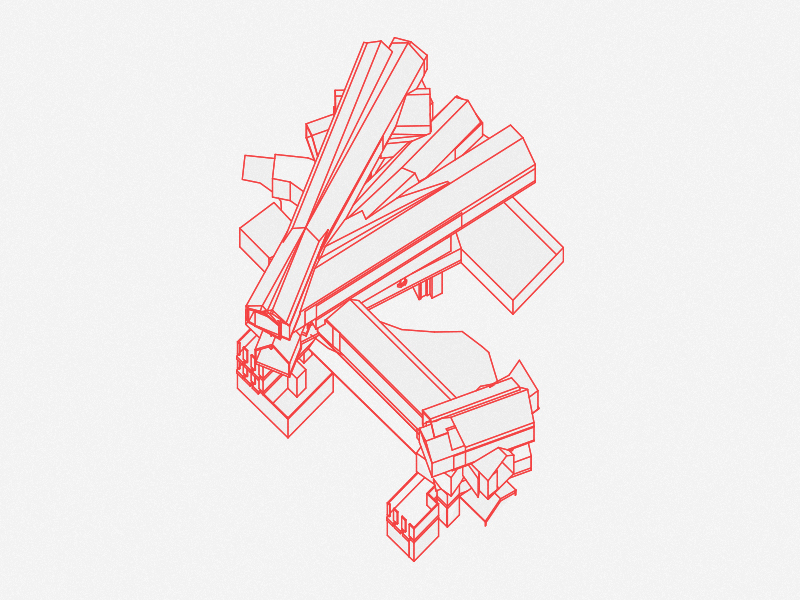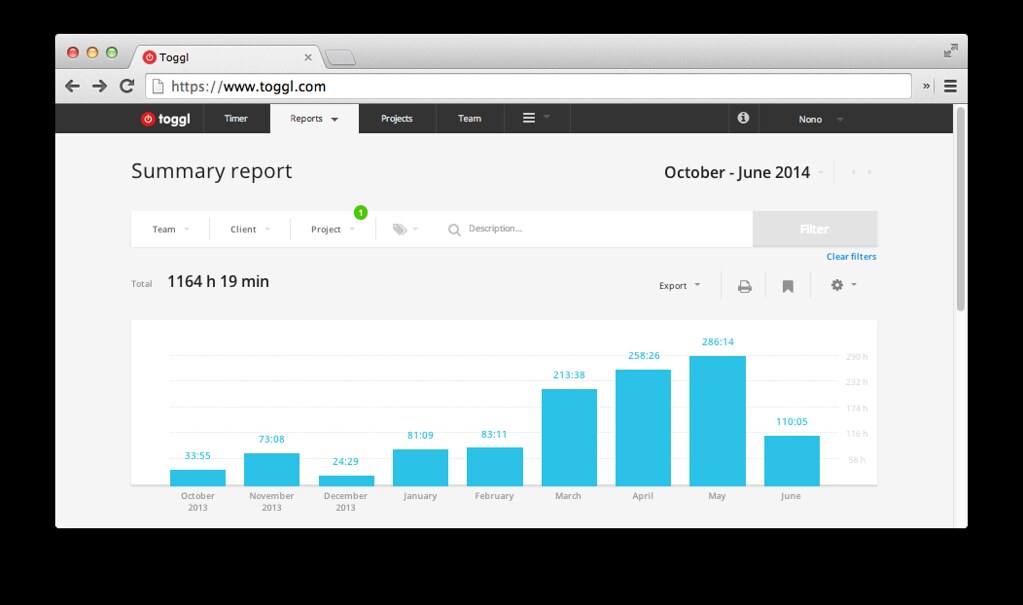3 Tips About Your Final Project

This post was started on April 2nd, 2014. Two months away from submitting my final project to become an Architect, I wrote this:
I can not post helpful information, as I do not yet know if the process I am following is going to have a positive outcome.
With this, I meant that I would wait to share any suggestions on how to manage your time and resources to do your project after testing if it worked for me.
Now —knowing it worked for me— I am sharing it with everyone who wants to hear because, used properly, this advice can be really helpful.
I want to emphasize that I am not sharing architecture design tips here, but ways to organize creative projects and be efficient in order to finish and ship project on time.
1. Track What You Do
Accounting what you spend your time on is important to value when you are more productive. Knowing at the end of a week if you worked 20 or 70 hours allows you to judge what of your habits are good to get focused, or what things are taking you out of the game. Track what you do, and then set a minimum of working hours a day in your project.

Here is a graph of the hours I spent working on my final project. It was created with Toggl, a really cool online time-tracking service, available for free.
2. Start With The Big Picture
Lay everything you have to do out, sketch how it will look and imagine that it is already finished. How does it look like? What does that finished thing have that you did not think you had to do?
Kike and I started laying out our project's boards when we started producing work, rather than when we were finished. Setting a place in your formats for the things you have to do clears out what you need to do. This helps to avoid wasting your time doing things that are not needed: if it does not have a spot, I don’t have to do it.
3. Take Decisions, Quickly.
A close deadline helps taking fast decisions, not good ones.
A far away deadline allows for decisions to be postponed until there is a close deadline. Even though this is not always the case, it frequently happens —to me too— as the pressure of a deadline only catches our brain when it is getting closer.
My suggestion here is: Write down a list of needed-decisions far away from the deadline; Start taking quick decisions right away for all of them. Some of your decisions will never change, as there is no need for them to, but others will have the possibility to be judged and evaluated —by you and others who see your project— long before the final submission comes.
Over and over, decisions won't be a blank in your brain, stressing you out every time you remember them, but an action taken which can be judged and improved.
Apply It To Any Project
Lastly, I want to say that this three points can be applied to any project you get involved in: Make the hours you work accountable, track your time; Frame the whole thing before getting lost in small details; And do not make each decision an odyssey.
Now, go get it done the best you can. And if you liked this article, please share it with your friends!
Getting Architecture Done
This article is part of a series of posts about architectural methods, workflows and tools, titled Getting Architecture Done. If you want to be notified when any other articles of the same series are posted, go ahead an subscribe here.